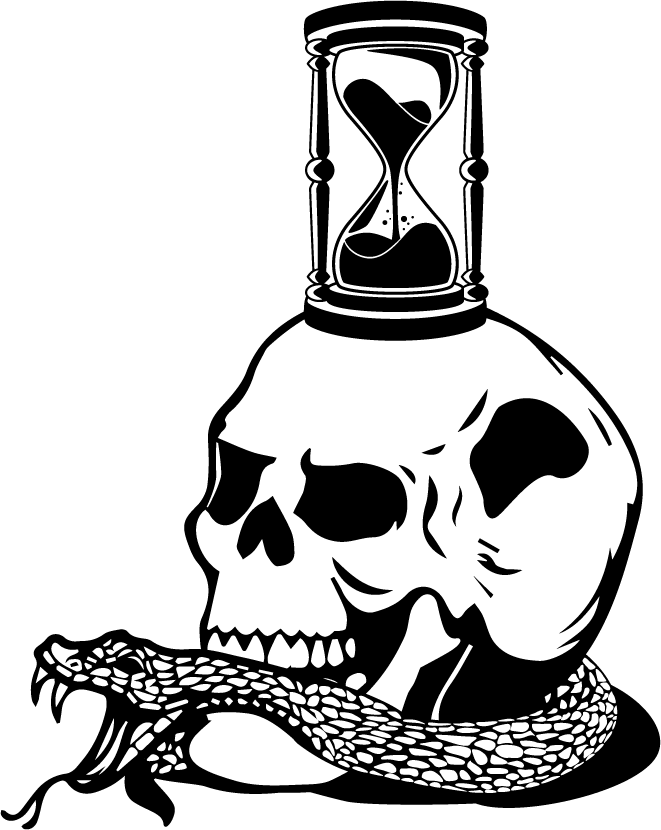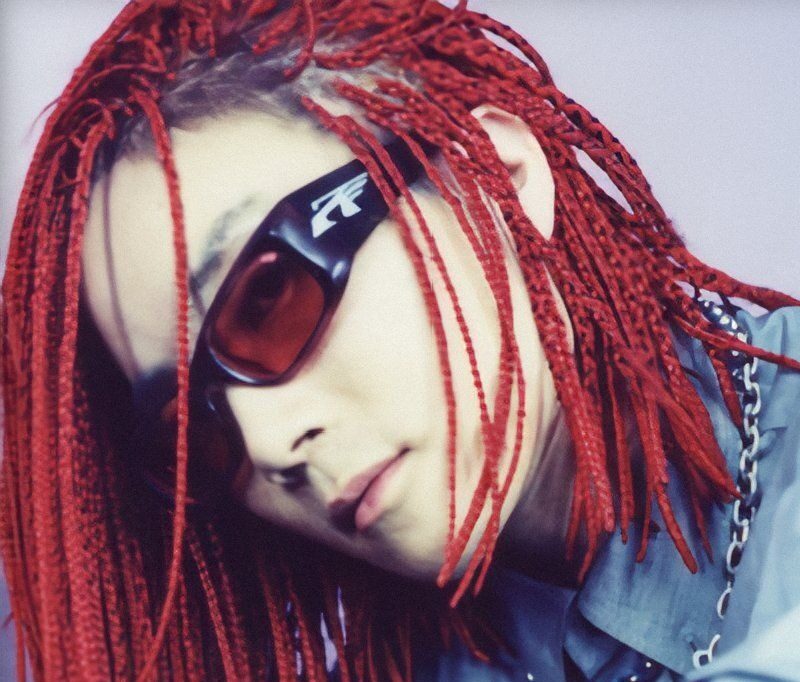Everything starts in Seoul, more precisely in Ganghoe-dong (district of Jongno) when the 21st february of 1972 a child named Jung Hyun-chul was born. Jung is passionate about music and starts his career playing bass in a band named “Sky wall” with some friends of him. When he was 16 he abandoned school pursuing the dream of a musical career and got eventually discovered during a live by the metal band “Sinawe” leader “Shin Dae-chul” and offered to join the group. From this moment he will be known to the world as Seo Taiji. In 1990 Sinawe disbanded and Seo found himself alone, looking for his next project. Altough he was a talented vocalist and producer, he lacked dance ability, so he approached Yang Hyun-suk in order to get trained by him. These two eventually joined forces with the dancer Lee Juno and formed in 1991 their own group, “Seo Taiji and Boys”. Do pop choruses and synchronised choreograpies sound familiar to you? This was the first spark of the well known phenomenon nowdays known as K-POP.
Seo Taiji came across MIDI technology and samplers for the first time in the early 1990s and started experimenting with different sounds in order to create music that no one had ever heard.
Seo Taiji and Boys debuted on one of the leadingSouth Korean television and radio broadcasters MBC’s talent show on April 11, 1992 performing “Nan Arayo (I Know)”
Even if it got the lowest rating of the night, “Nan Arayo” was a huge hit mixing swingbeat (fusion genre of the rhythms and production techniques of hip hop and dance-pop, and the urban contemporary sound of R&B), rap and pop choruses with a focus for the first time in South Korea on dance moves.
“Nan Arayo” went number one for 17 weeks, selling over 1.5 million copies within its first month of release granting the trio a Golden Disc Award in 1992. In 2015, Rolling Stone named it number 36 on its list of the 50 Greatest Boy Band Songs of All Time.
Since they were free from any kind of corporate management Seo Taiji had creative control over both the music and the direction of the group.
Their use of both English and Korean lyrics, their boundary pushing music and rebellious image cost them the censorship and pushback of the older generation, in fact important media figures like television hosts and radio DJs disavowed the group’s socially conscious lyricism and western influences.
During 1993 Seo Taiji and Boys published their second album, this time incorporating elements of reggae, metal and 90’s eurodance in a more more critic work against society
Even if sold over 2 millions copies granting the trio their second Golden disc award, it cost them the censorship from the national television KBS cause of their aesthetical appearance (dreadlocks, ripped jeans and earrings) and their rejection of social cues.
In 1994 Seo Taiji collaborated with thrash metal vocalist Ahn Heung-Chan of Crash in the realization of a piece which aim to attack the Korean educational system accusing school to set standards too high for the youth. The right wing accused Taiji of hiding Satanic messages in the record (a specific verse when heard in revers seems to say “I love devil”) and banned the track “Classroom idea” from TV and radio (the mainstream news media later proved these accusations to be groundless).
“Every morning you lead us into a tiny classroom by 7:30, forcing the same things into the 7 million heads of children around the country. These dark, closed classrooms are swallowing us up. My life is too precious to be wasted here” –
Despite the obstacles the trio found himslef winning for the third time a Golden disc award thanks to “Dreaming of Bal-Hae”, an alt-rock song about the dream of, maybe one day, seeing North and South Korea reunited.
During october 1995 Seo Taiji and Boys released their fourth album, which if possible generated even more controversies than the previous one. For the first time Yang and Lee played instruments (guitar and drums), took cues from gangsta rap and high-pitched nasal voice influenced by B-Real of Cypress Hill (the accusation of plagiarism was rejected since the American group is mentioned in the production credits).
The trio got a particular song “Regret of the Times”, banned by the Public Performance Ethics Committee for having lyrics that criticized the government. The version of the song included on the album is instrumental only as Seo Taiji refused to change or remove the “criticized” lines: “Gone is the era of honest people. […] I wish for a new world that’ll overturn everything. […] I hope I can avenge the grudge in my heart.”
An EP titled “Regret of the Times” including the original version of the song was eventually released in 1996, more specifically a month after the system the system of “pre-censorship” was abolished in the June of that year.
The group disbanded on 31st January 1996 because of public pressure.
Lee Juno became a business executive and professor; Yang Hyun-suk founded YG Entertainment agency home to Blackpink and Big Bang; Seo Taiji after a period of retirement in the United States published his first Solo album on 7th July 1998 which granted him to be considered as “the President of culture” in South Korea. He lated experimented various genres such as hardcore punk, EDM, ambient and Drum and Bass.
In 2014, when asked about a possible Seo Taiji and Boys reunion, Seo revealed that the three members had talked about it often. However, he said: “The biggest obstacle is that in the past, we put on really beautiful performances, which fans remember, but if we get back together now, I worry we might disappoint, so I am not confident. I lack more and more confidence as I get older. I don’t think I’d be able to dance as fiercely as I had in the past.”


Leave a Reply